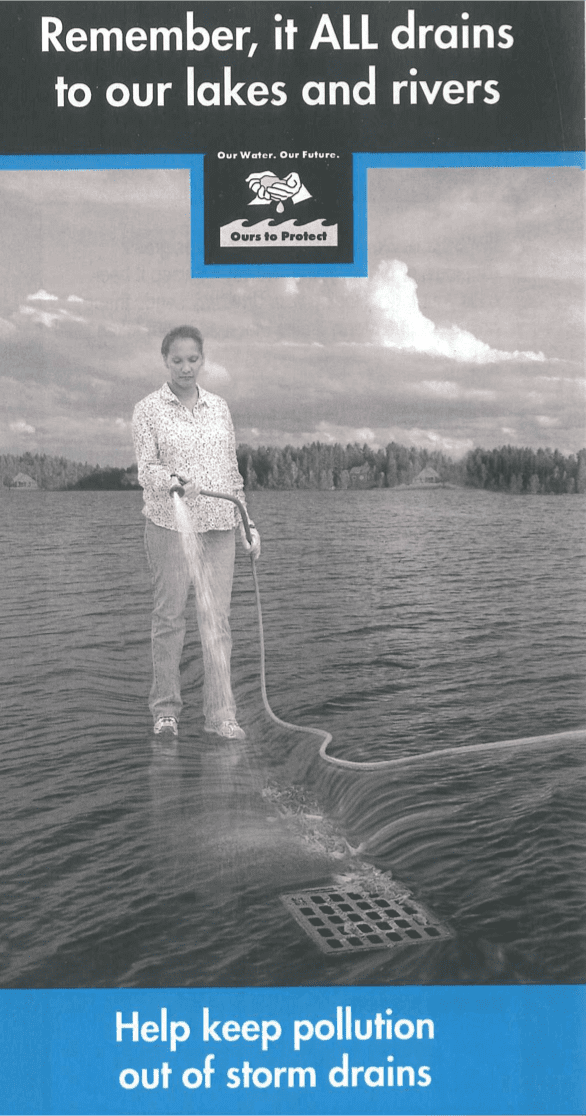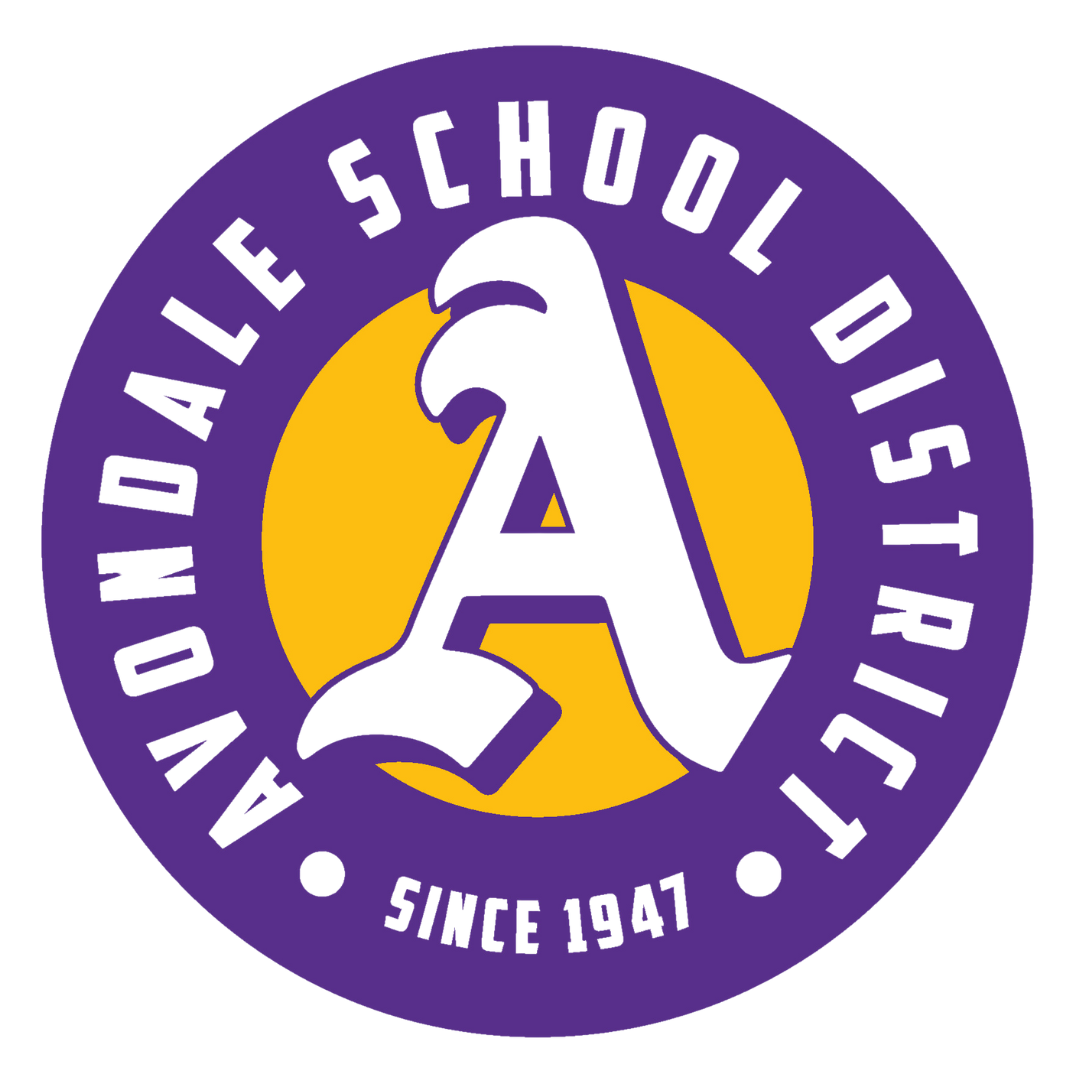Watershed
The run-off from storm drains and roadside ditches leads to our lakes, rivers, and streams. That means that any chemicals (gasoline, oil, fertilizer, etc.), pet waste, yard debris, even the dirty water after you wash your car, flows directly into our lakes, rivers, and streams.
Watershed Initiatives
 Avondale School District is a proud participant in three watershed initiatives:
Avondale School District is a proud participant in three watershed initiatives:
- Clinton Main Sub Watershed
- Clinton-Red Run Sub Watershed
- Rouge Main 1-2 Sub Watershed
By participating in these initiatives, the Avondale School District is helping protect, clean up, and restore local lakes, rivers, and streams. We believe that it is important to help keep our community clean and safe for our students, their families, and the extended community within the Avondale School District. For information on how you can help your community improve water quality in these watersheds and efforts that are already underway, please read the tips and visit the resources below. Oakland County has also established two Hotlines for citizens to report concerns they may have.
- EGLE Pollution Prevention Hotline 1-800-292-4706
- Oakland County 24-Hour Pollution Hotline (to report any suspicious discharges or illegal dumping of pollution into storm drains, lakes, creeks or streams) 1-248-858-0931
Watershed Tips
Seven Steps to Cleaner Water
- Keep pollutants out of storm drains and roadside ditches. For example, take care when rinsing gasoline or oil off of your driveway.
- If you need to fertilize your yard and/or gardens, do so sparingly and take caution to keep fertilize out of storm drains and roadside ditches.
- Household cleaners, chemicals, oil, and gasoline should be stored safely to prevent leaks. Please review the Household Hazardous Waste resource below for information on proper storage and disposal of these items.
- Clean up after your pet. Not only does it keep your yard nice and your family’s play areas clean, it lessens the chance that the waste will enter storm drains and roadside ditches.
- When landscaping, choose watershed-friendly features like rain gardens, composting, and multi-functioning plants and use pesticides and fertilizers sparingly.
- Develop watershed-friendly car care practices by promptly fixing any leaks, keeping your car tuned to help avoid leaks, and taking your car to a car wash or washing your car on the grass to slow the flow of any chemicals or pollutants into storm drains and roadside ditches.
- Save water by using alternative methods for common outdoor chores. Use a broom to clean sidewalks and driveways instead of a hose, aim hoses and sprinklers so the water doesn’t hit the driveway, and water plants and lawns only when necessary.
